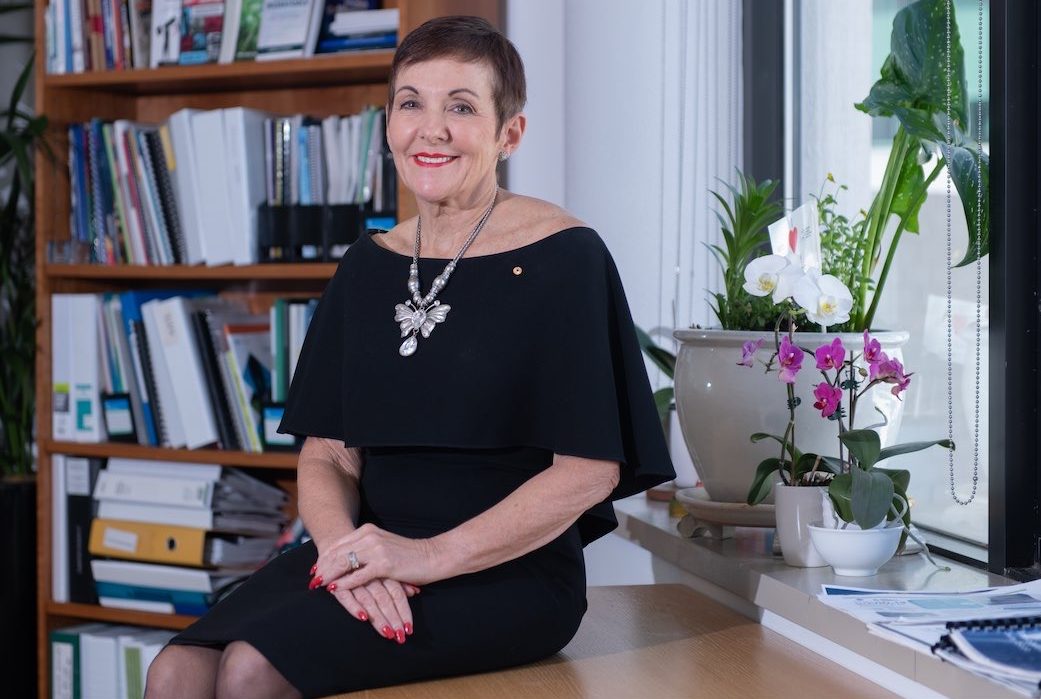
KATE Carnell regrets not having more conversations with her elderly parents about their end-of-life plan.
A fall sustained by the former chief minister’s mother precipitated a drastic change in her parents’ living arrangements, with both of them entering an aged-care home.
“Mum and dad ended up dying in a residential, aged-care home, where they were looked after beautifully, but I don’t believe they died where they wanted to die,” Ms Carnell says.
The newly appointed board chair of The Violet Initiative, Ms Carnell wants to encourage everyone – old or young, sick or healthy – to talk about death and to make plans for end-of-life care before it’s too late.
“We didn’t have the discussions we should have had with my parents, and there’s lots of regrets,” Ms Carnell says.
“I know that mum and dad didn’t have the end they would have liked.”
Reflecting on her experience as a former CEO of Beyond Blue, Ms Carnell says, like the issue of mental health, having a conversation about death is a necessary part of life.
“Twenty years ago when we started Beyond Blue, having a discussion around mental health was really difficult, but not so much now,” says Ms Carnell.
“We’d like to think we can get there with The Violet Initiative and provide the sort of support that people involved in the end-of-life experience need to make it as good as possible.”
Violet is a national not-for-profit organisation, providing free information and support to people caring for someone navigating the last stages of life.
Ms Carnell, a former pharmacist, says encouraging greater family involvement in the decisions around end-of-life care is an important first step in addressing the stigma associated with the process of dying.
“We all die but there seems to be a taboo about talking about death, planning for it, and discussing what we would like to happen with family and friends,” says Ms Carnell.
“Often family members feel left out of the process and don’t know what to do or say. To make death as positive as possible – with the best quality of life until the end – it’s really important that the person who is dying and their family and friends are supported with information and help to have those discussions.”
The biggest hurdle to overcoming a discussion about death is starting the conversation in the first place, Ms Carnell says.
“As a society, we have taken the approach that if you put it out of your mind and you don’t deal with it then somehow it will go away, but it won’t,” Ms Carnell says.
“You have to plan discussions about death and dying, they don’t just happen. We need to get better at asking our loved ones: ‘What would a good death look like for you?’”
By failing to have that conversation early enough, families find themselves at the mercy of the health system – which is already overwhelmed, Ms Carnell says.
“Eighty per cent of people say they want to die at home yet 80 per cent of people die in hospital,” she says.
“Having people die in hospital is an extraordinarily expensive way to go. It ups the cost of our health system and really isn’t a good outcome for many people.”
Violet – formerly known as LifeCircle – also runs a social enterprise program where businesses can access training for their staff dealing with end-of-life issues.
“We provide training to people at Westpac, for example, who take calls from people who have lost a loved one. There’s a whole range of people who deal with people going through that final stage of life,” says Ms Carnell.
One of the things she hopes to achieve during her term as chair is to advocate for greater government involvement including financial assistance for Violet.
“The dilemma for Violet is we have no government money; we rely totally on our training operations and entities like The Snow Foundation, which means we are cash strapped all the time,” says Ms Carnell.
“If we can keep people out of the hospital system, then the government saves money, so it makes total sense for the government to get behind Violet.”
More at violet.org.au
Who can be trusted?
In a world of spin and confusion, there’s never been a more important time to support independent journalism in Canberra.
If you trust our work online and want to enforce the power of independent voices, I invite you to make a small contribution.
Every dollar of support is invested back into our journalism to help keep citynews.com.au strong and free.
Thank you,
Ian Meikle, editor
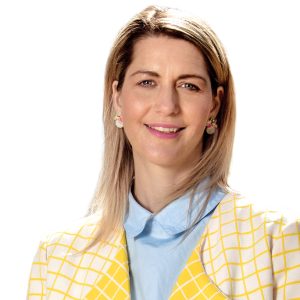
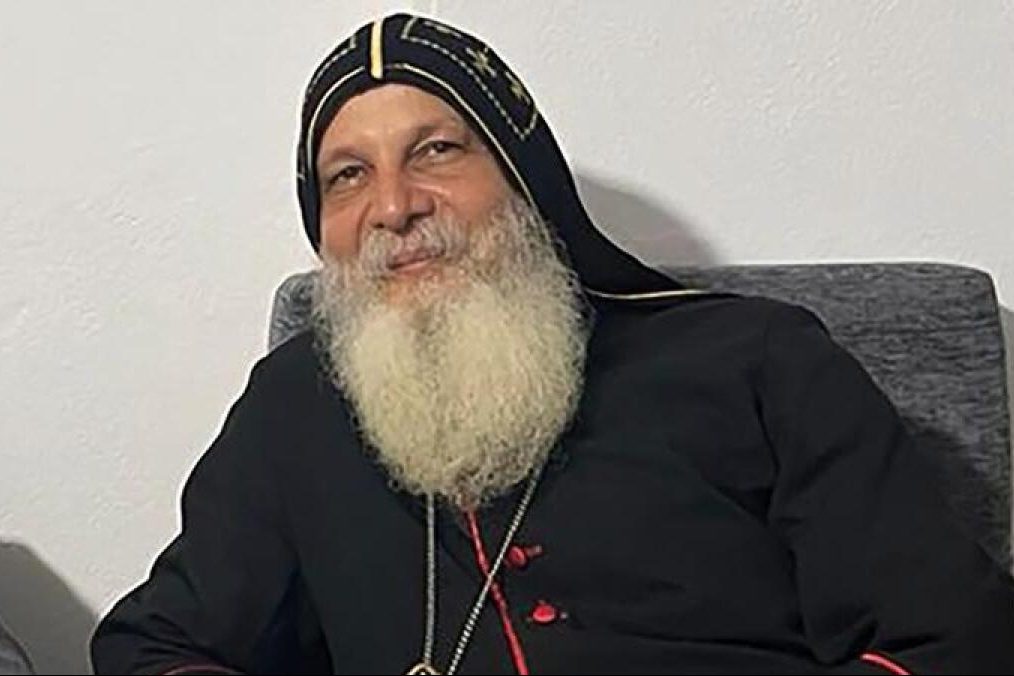
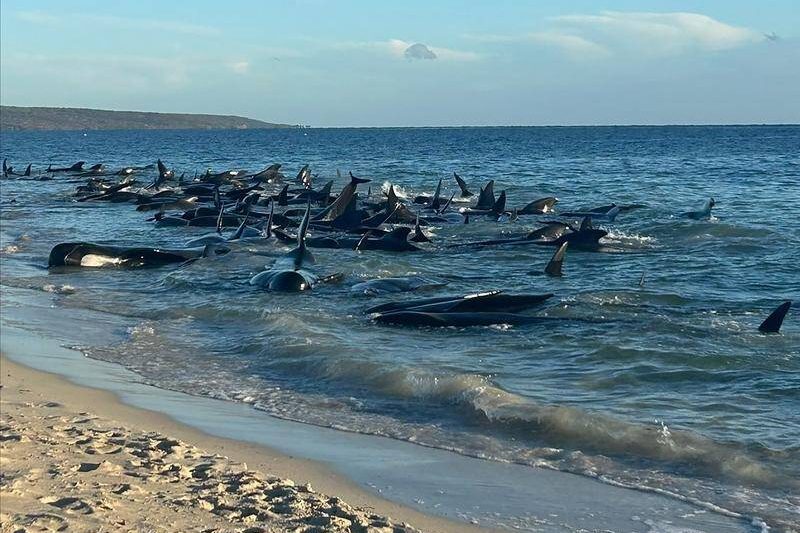
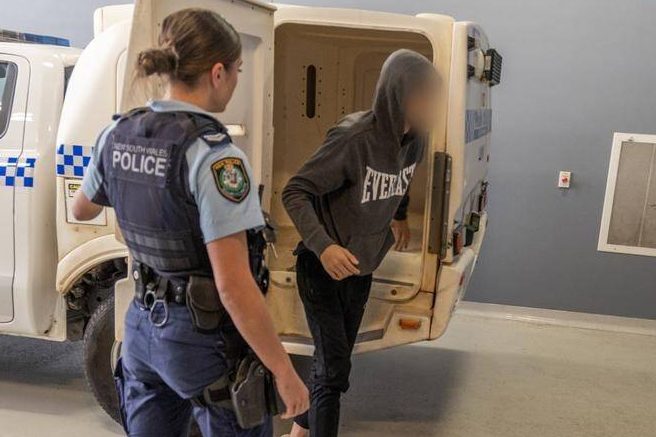

Leave a Reply